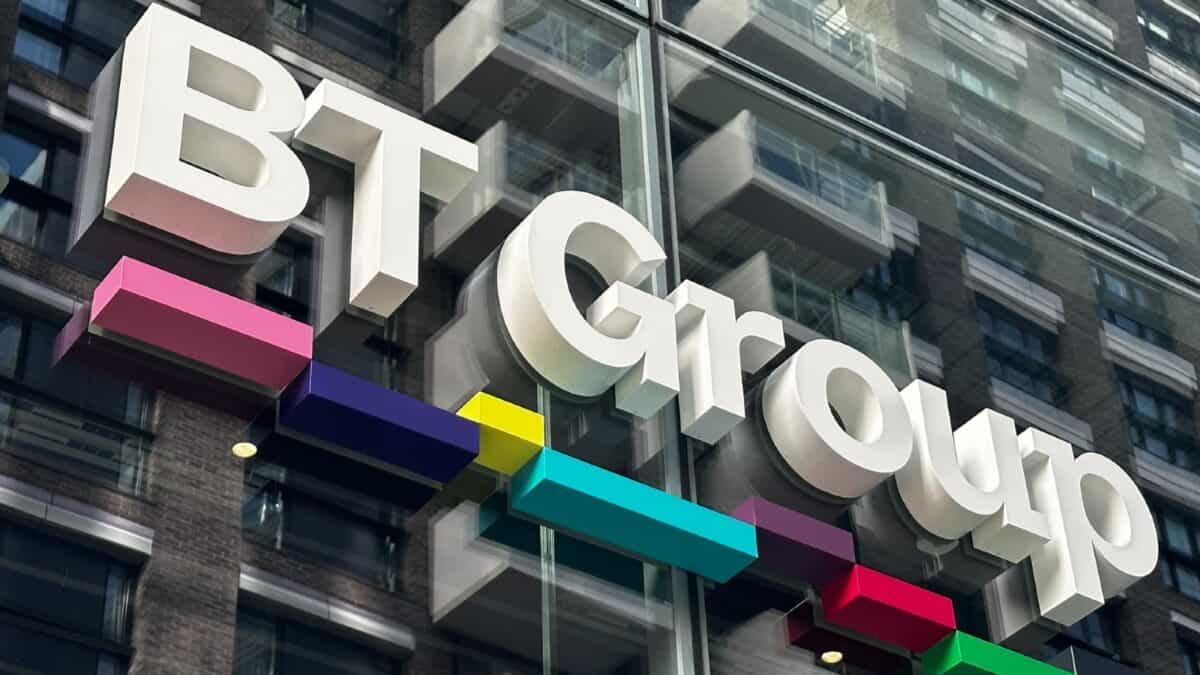The BT (LSE: BT.A) share price is the stuff of investor nightmares, having fallen more than three-quarters over the last decade.
BT is the ultimate falling knife and it won’t seem to stop. Its shares are down 53.12% over five years, 22.08% over one year and 7.53% over the last month. Any investor brave or foolhardy enough to make a grab for the stock will have sent their portfolio straight to A&E.
The FTSE 100 telecoms giant has looked cheap for years and paid a heap of dividends, but that’s little consolation if its shares just fall and fall.
This stock is a danger to my portfolio
Over five years, the only FTSE 100 stocks to fall faster are Vodafone Group and International Consolidated Airlines.
Neither of those two tempt me, but BT does. I’ve been toying with buying it for years. Deciding against it was one of my better investment decisions. When it comes to portfolio-building, the shares we don’t buy can be just as decisive as those we do.
And yet I keep coming back to it. Today, BT trades at just 5.5 times earnings. Just how cheap is that? It’s forecast to yield a mighty 7%, with dividends covered 2.5 times by earnings.
This is exactly the type of stock I’ve been buying lately, mostly financials like Lloyds Banking Group, Legal & General Group and wealth manager M&G. Adding BT to the mix would diversify my portfolio into the telecoms sector. Surely its shares can’t fall forever, can they?
Except they have. As investors have discovered, again and again. So what makes this time different?
Some investment experts still believe in it. On 2 February, Citi gave BT a boost by reiterating its ‘buy’ rating, citing its restructuring efforts and slightly easier “operating expense pressures”. Yet it still warned that Q4 earnings before interest, tax, depreciation and amortisation would decline 25%, worse than the 17% drop reported in Q3.
BT boosted revenues last year, but only at the expense of annoying customers with inflation-busting 14.4% mid-contract prices rises. It’s also cutting costs and this time staff will feel the pain, with 55,000 of the global workforce – more than 40% – to be “streamlined” by 2030.
Still risky, still tempting
Its Openreach broadband rollout is slowly starting to deliver. The fibre to the premises (FTTP) programme expanded to 13m premises in the nine months to 31 December, with work on a further 6m under way. Openreach added 432,000 new customers in Q3 alone. Reported profit before tax rose 15% to almost £1.5bn over the period.
BT is still a strong brand. New CEO Allison Kirkby is keen to continue its turnaround plan and predecessor Philip Jansen may have been right to blame some of the company’s woes on City short-termism. Long-sighted investors could benefit from the next leg of the recovery, provided they’re patient and willing to risk short-term losses.
At some point, BT shares have to stop falling, I feel. When they do, the recovery could be swift. Investors who get in early will reap the biggest rewards. The problem is that investors have been telling themselves this for years, and are hurting as a result.
Buying BT is hugely tempting and hugely risky and I won’t know if I’m brave enough until I actually click the ‘buy’ button and commit myself.








